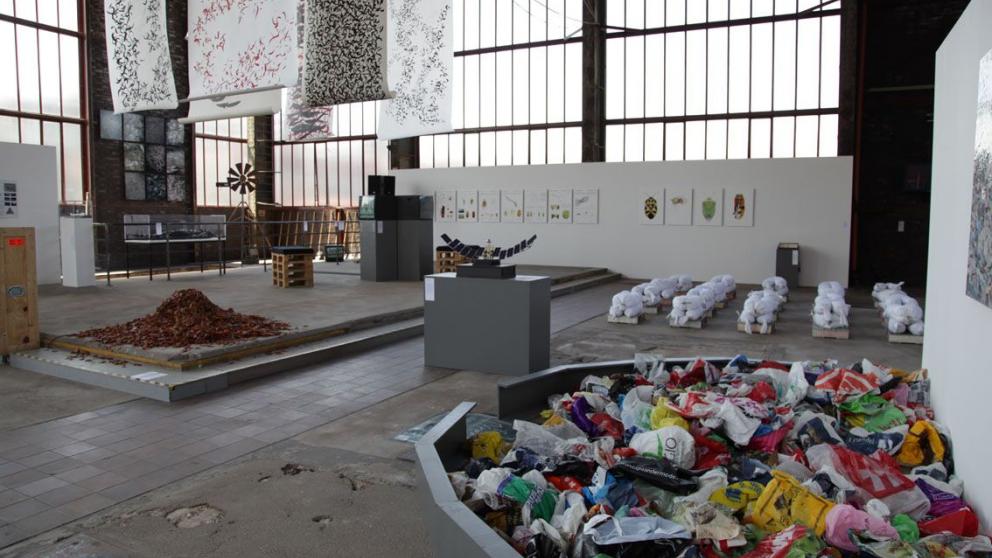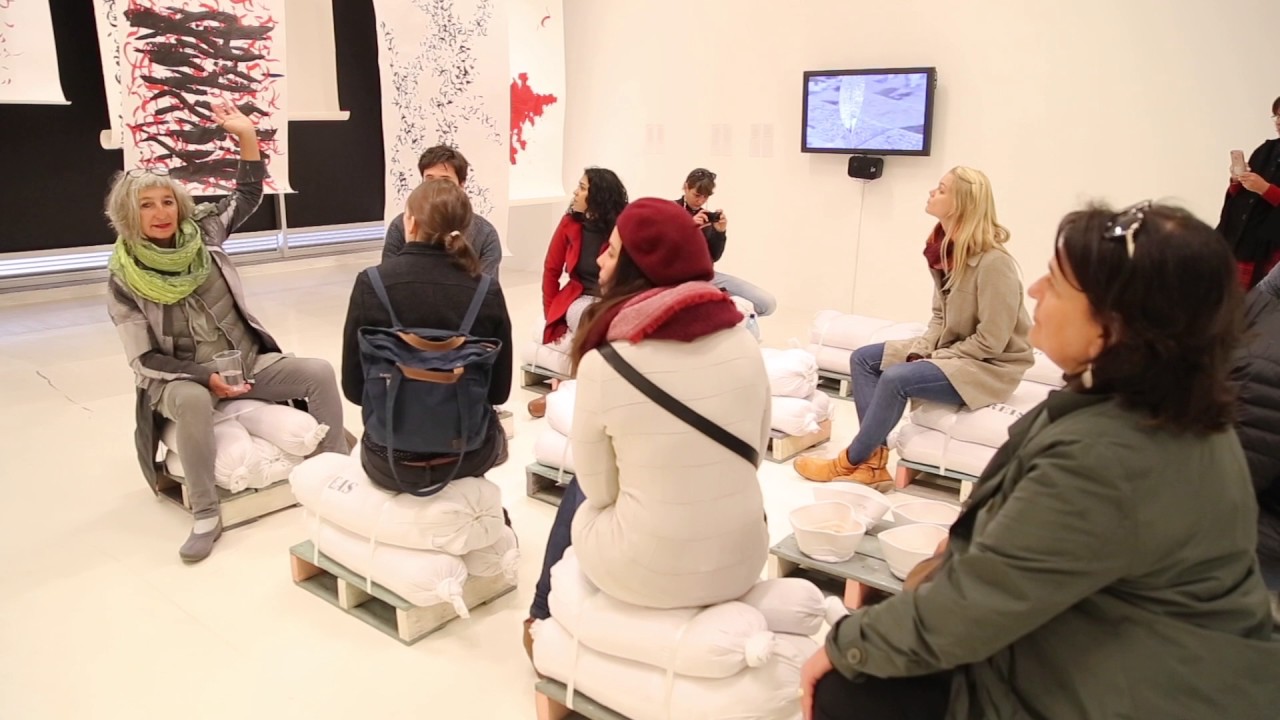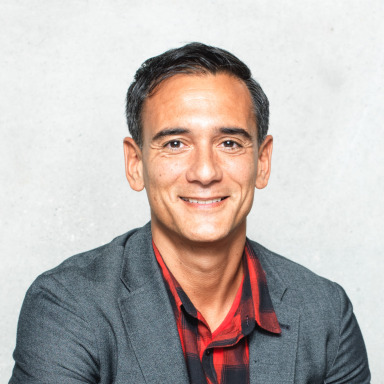Headline:
Heinrich Böll Foundation and IASS Bring Acclaimed Exhibition examples to follow! – sustainable worlds to Chile
How can art help us to find solutions to such pressing global challenges as climate change, resource scarcity, and the loss of biodiversity? An exhibition with an extensive side programme to promote dialogue explores transformations towards a more sustainable world in Valparaíso, Chile.

The IASS and the Heinrich Böll Foundation Cono Sur (HBS) are launching an innovative series of events in Chile to foster dialogue at the intersection of the arts, politics, and sustainability. At the heart of this programme is the acclaimed international art exhibition examples to follow! – expeditions in aesthetics and sustainability. The programme includes discussion panels, workshops, guided tours, performances, and video screenings on a broad range of sustainability topics. The events will be staged at Valparaíso Cultural Park and other sites in the city between 9 June and 13 August, 2017. The exhibition will be supported by several initiatives in an effort to start a conversation on more sustainable models of living with the local community and with artists, politicians, and researchers from different countries.
Chile is hit hard by climate change
Chile is among the ten countries hit hardest by climate change. Floods have caused fatalities and left thousands of people without access to safe water. Forest fires have wiped out homes, pasture, and livestock as droughts have affected 80 percent of the country. The impacts of tidal waves, storm surges, and a steady rise in average temperatures also highlight the magnitude of this ecological crisis. The resource scarcity crisis has also heightened the risk of serious territorial conflicts. Policymakers and actors across society must now work together to develop responses to these challenges that are both inclusive and sustainable. The organisers hope that the programme in Valparaíso will inspire and support change towards a sustainable future.
Overarching this debate, the exhibited art will enact sensibilities, fears and hopes, fostering imagination and critical reflection. In order to evaluate the role of artistic intervention and aesthetic experience in sustainable development issues, the IASS, together with a group of young researchers from Valparaíso, will conduct sociological research with the visitors of examples to follow! - sustainable worlds. Through interviews, observation, and group discussions, the researchers will explore the public’s experience with the art. The collection of these impressions will allow them to evaluate the potential of the arts around the issues of sustainability.
¡Ejemplos a seguir! mundos sostenibles

Creative reflections for a sustainable society
The exhibition examples to follow! was conceived by the curator and former Senator for Science, Research and Culture in Berlin, Adrienne Goehler, who has gathered together works from more than 60 artists from different parts of the planet. Understanding aesthetics as a channel for the construction of other possible worlds, examples to follow! invites its audience to reflect and act creatively for a sustainable society. The exhibition has been presented in 15 cities since 2010, including Berlin, Mumbai, Addis Ababa, Beijing, São Paulo, Puebla (Mexico), and Lima, and has grown through the addition of new works at each station.
The Dialogue Programme in Valparaíso is structured around four thematic axes:
1) “Territories and resources: development models in dispute” (8 – 11 June)
2) “Food sovereignty and the challenges of climate change” (June 29 – July 2)
3) “Water: private property or common property?” (3 – 5August)
4) “Future Cities and Citizens” (10 – 12 August)
The different activities in examples to follow! – sustainable worlds are open to the public.
More information:

